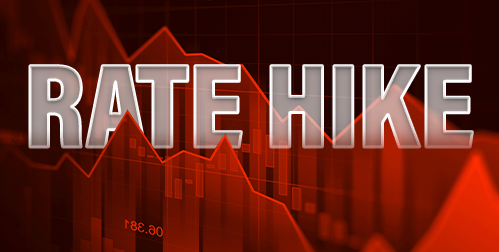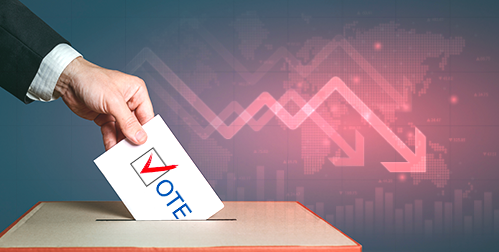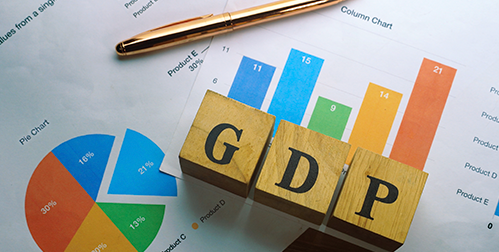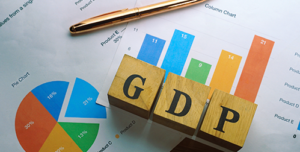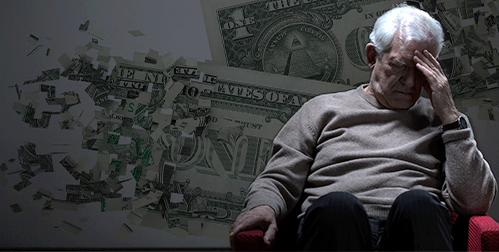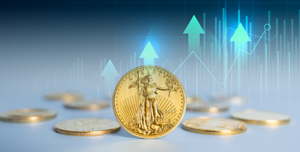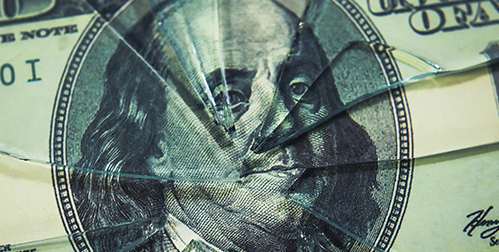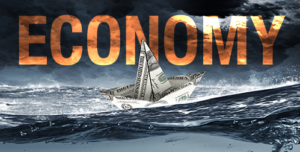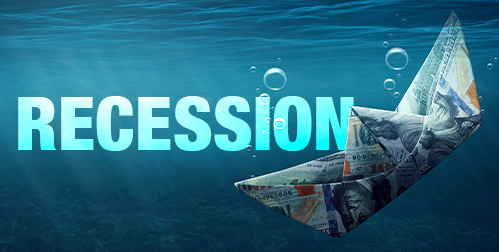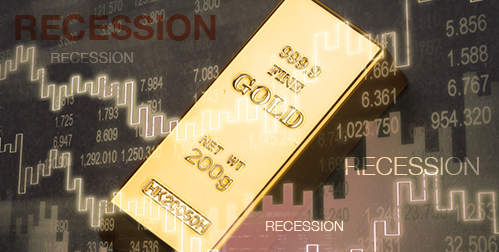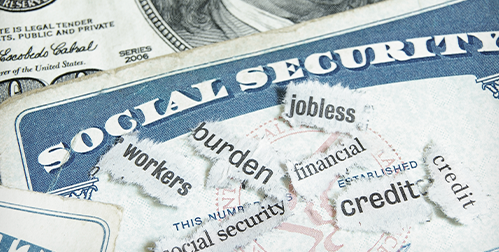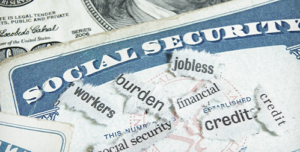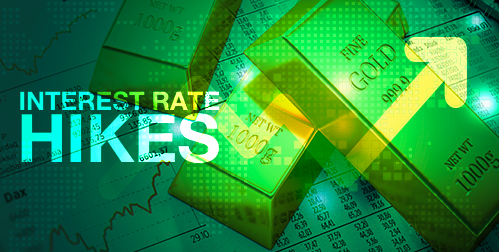- The Federal Reserve raised interest rate 75 basis points for the 4th consecutive time
- Stocks dropped when Fed Chair said not to expect a pivot on rate hikes
- Economists believe a recession is inevitable
Fed Chair’s Comments Send Stocks Sliding
Any hopes that the Federal Reserve would pivot on interest rates dissolved today. The Fed raised interest rates 75 basis points. That is the fourth straight increase at that record level. The rate target range is now 3.75%-4%. The rate range hasn’t been this high since January 2008. The Federal Reserve is applying its most aggressive monetary policy since the early 1980s. Stocks dropped sharply in response to Chairman Powell’s comments about future increases. The Dow fell more than 400 points. The S&P 500 dropped 2.1% and the Nasdaq was 2.9% lower.1
Stocks dropped after Powell said, “we still have some ways to go” and that “it is very premature to be thinking about pausing.” He also stated, “the ultimate level of interest rates will be higher than expected.” He continued that the question of when to slow the pace of increases is now much less important than the question of how high to raise rates and how long to keep them at those levels.2
The increases are part of the Fed’s fight against inflation. Prices remain near 40-year highs. Even after a series of steep hikes, the cost of living rose 6.2% in September from a year ago. The Fed blames an extremely tight labor market for pushing up wages and fueling inflation. Rate hikes are adding to the pain of inflation. They are raising the cost of credit cards, mortgages, and car loans. Meanwhile, businesses are scaling back investment and laying off workers as capital becomes more expensive. 3
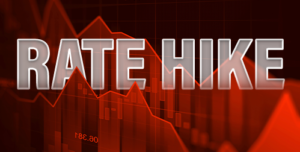
Heading Towards Recession
Many now believe a recession is inevitable. Some economists were hoping the Fed was beginning a ‘step down’ policy of smaller and smaller rate increases. They believe the Fed is overcorrecting since there is lag between raising rates and seeing their effects. An overcorrection is thought to lead to recession.
Lawmakers and the United Nations have called on the Fed to stop raising rates. They fear it could ignite a global recession. A CNN poll showed 75% of Americans think the economy is currently in recession. Even Powell conceded that the chances of a “soft landing” for the economy are low. He added that it’s proven to be more difficult than expected for the Fed to get a handle on inflation. GDP has declined in both the first and second quarter. That meets a common definition of a recession. The housing market shows we are in an economic downturn. Housing demand has plunged as mortgage rates climbed over 7% for the first time in more than two decades. 4
There is no indication that hikes will end any time soon. The best that people are hoping for is that the huge hikes come at a slower pace. Investors see a 50% chance that rate will go above a whopping 5% by next March. A falling stock market shows Wall Street’s crisis in confidence in this economy. Stubborn inflation, soaring interest rates and crippling recession are the order of the day. All you can do is preserve the value of your assets before things get worse. Contact us today to learn how a Gold IRA can protect your wealth.
